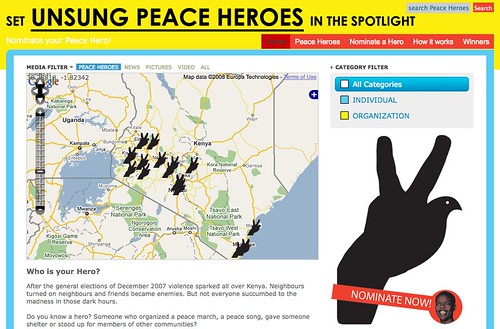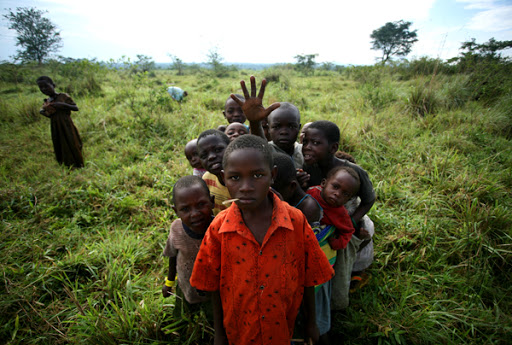There have been a number of plays on the free classifieds space in Africa over the years. Most seem to fizzle out, either due to not having enough revenue to continue, or their owners losing interest before the site grows. It seems like a play in the same space as Craigslist and Kijiji (Gumtree in SA) should work well. After all, you don’t need to digitally handle the transaction, that takes place offline.
I’ve been keeping my eye on one that might have some potential though: Kerawa. They explain it as, “an online tool promoting offline transactions.”
Kerawa started just this year, from a small team of guys in Cameroun. They report having listings in 42 countries, but some are limited to just a couple. What’s more impressive is seeing how lively it is in Cameroun, Morocco, Ghana and South Africa, their top 4 countries. What a spread! That means they’re doing decently well in all but East Africa.
Some thoughts on Kerawa
Mobile Phones
I remain convinced that services like Kerawa will not become mainstream in Africa until they build the application in such a way as to allow mobile users to really take part. This seems obvious to me, so I’m not sure why they haven’t created a downloadable J2ME application for this at the least. Maybe they could create a way for people to access it via SMS, or at least pay for alerts on certain items (like jobs).
Growth
Kerawa posted their analytics for the year thus far. It is trending up, which is a good sign. What’s more important is numbers on classified listings, as once you get a decent amount of both buyers and sellers, then you’ve achieved critical mass and become “the” place to go. No one wants to go to the 2nd best market in town (just ask eBay’s and Craigslist’s competitors).
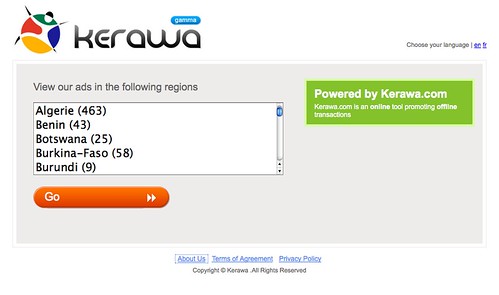
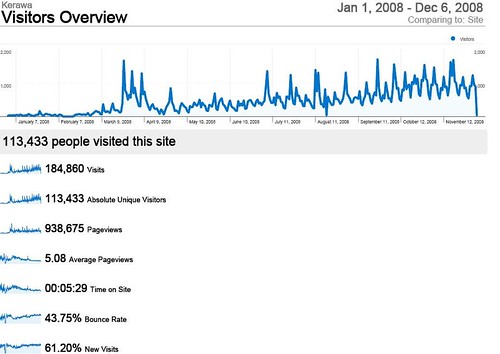
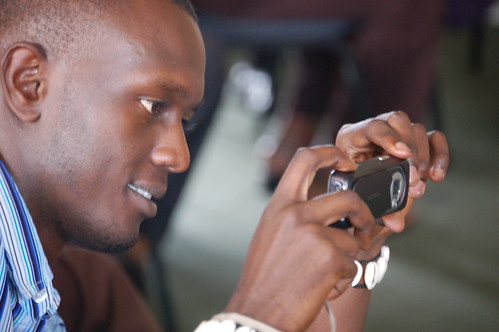
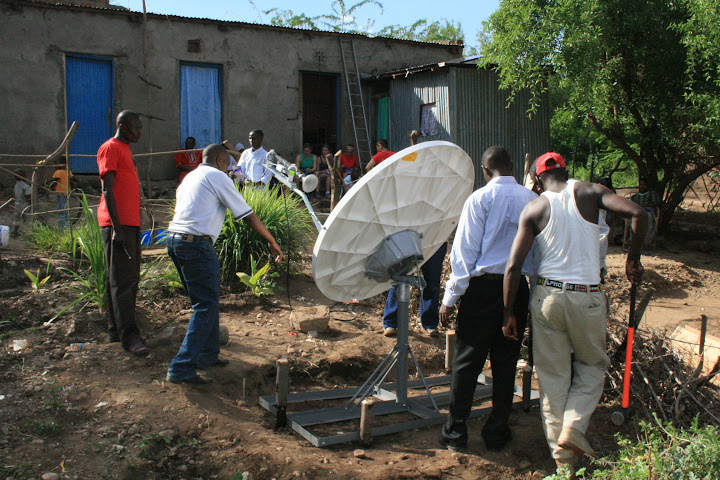
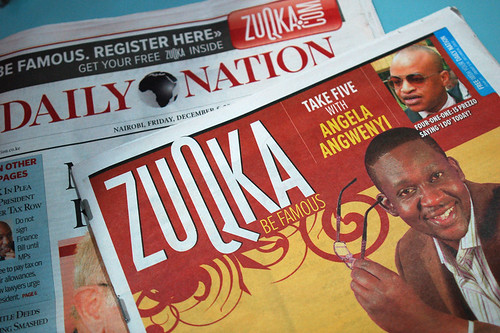
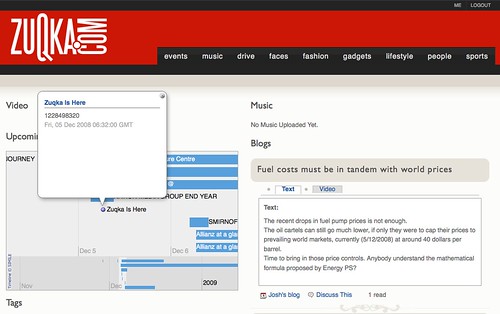
 Just this week I came across a great example of using technology to harness and save local African knowledge and content. It’s called
Just this week I came across a great example of using technology to harness and save local African knowledge and content. It’s called 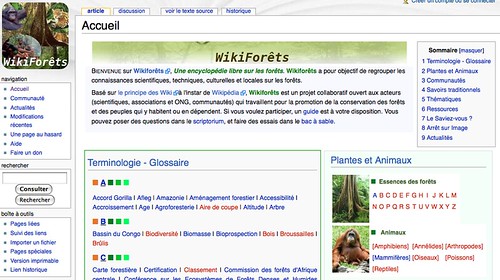
 If you have someone trying to run an operation in a developing nation, you don’t always have the luxury of having a computer and/or an internet connection. What if you could run this whole system locally from a microSD card, slotted into the side of a USB GSM modem?
If you have someone trying to run an operation in a developing nation, you don’t always have the luxury of having a computer and/or an internet connection. What if you could run this whole system locally from a microSD card, slotted into the side of a USB GSM modem? 